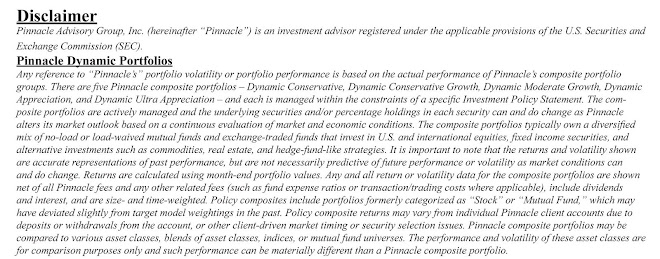With signs that Europe is likely in the grips of recession due to their inability to adequately address their debt crisis, we’ve been trying to get a handle on how that will impact the U.S. economy. The reality that economies are more globally connected than ever hasn’t prevented some analysts from predicting that the U.S. will be fine, even if growth in Europe is contracting. We weren’t believers in the idea of “decoupling” when it was popular back in 2007-08, and we find ourselves skeptical again today.
A recent research report from Citigroup illustrates how tightly linked economies are these days. The chart below (from the report) shows the correlation in GDP growth rates between major European economies and the U.S. over the past two decades. In the 1990s, the correlation was only 18.5%, and it was much easier to buy into the idea that the U.S. could decouple from Europe (and vice versa). In the past decade, however, the correlation has jumped up to 72%, clearly indicating that the economies move together more often than not.
If the U.S. economy was firing on all cylinders, we might be more open to the idea that a European recession would be a non-event. But with the current recovery lackluster in many respects and with risks still unusually elevated, we're following economic developments in Europe with significant concern.
skip to main |
skip to sidebar
Subscribe via email
Who is Echoing from the Pit
This blog represents the individual opinions of the Investment Team at Pinnacle Advisory Group in Columbia, Maryland
The Investment Team comprises:
Ken Solow, CFP, CLU, ChFC
Rick Vollaro, CPA
Carl Noble, CFA
Sean Dillon
Sauro Locatelli
To learn more about Pinnacle please visit our website at http://www.pinnacleadvisory.com/
The Investment Team comprises:
Ken Solow, CFP, CLU, ChFC
Rick Vollaro, CPA
Carl Noble, CFA
Sean Dillon
Sauro Locatelli
To learn more about Pinnacle please visit our website at http://www.pinnacleadvisory.com/
About Me
- Echoes from the Pit
- Columbia, Maryland, United States
Pinnacle in the News
Blog Archive
-
▼
2011
(169)
-
▼
November
(16)
- Central Banks to the Rescue
- Credit Not Confirming the Equity Rally
- The Brutal Realities of Calendar Year Reporting
- Triangle Measure and 61.8% Retracement
- Hanging on a Headline
- How to Make a lot of Money Right Now
- Can Santa Ride Through Frozen Credit?
- Watching the Triangle
- Which Commodity is Wrong? Part II
- Which Commodity is Wrong?
- Will Europe Drag the U.S. into Recession?
- The Euro is on an Island
- A Sign of U.S. Expansion
- Our Latest Assessment...
- In the Recession Camp
- The Euro Mess is the Dollar's Gain
-
▼
November
(16)


